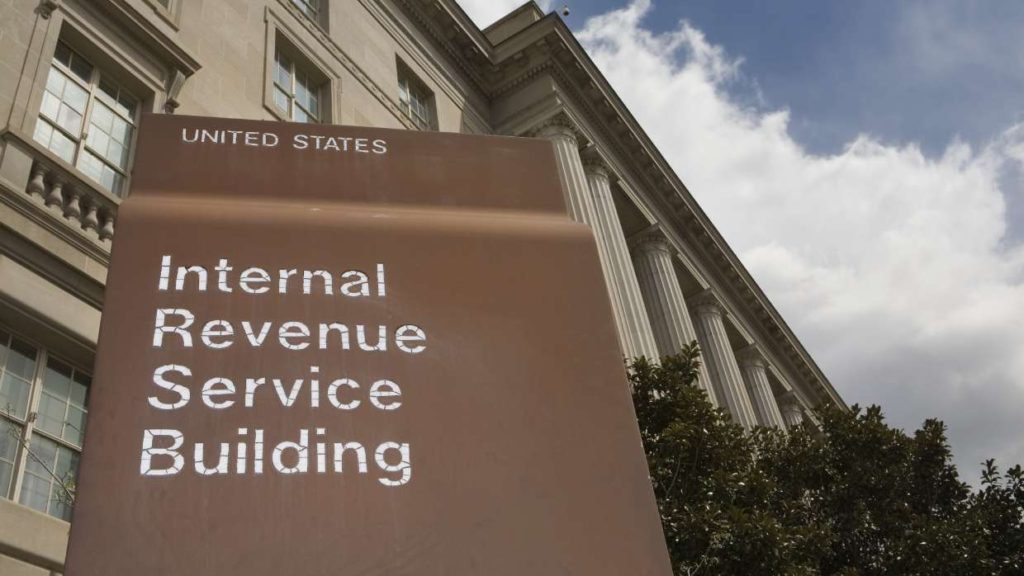IRS Issues Guidance on Tax Filing Extension


The IRS has now clarified some of the rules relating to the extension in Notice 2021-21 (IR-2021-67, 3/29/21).
Background: The normal tax filing due date returns and paying any resulting tax is April 15 (or the next business day if the 15th falls on a holiday or weekend). However, this year the IRS acknowledged the challenges faced by taxpayers due to the COVID-19 pandemic and postponed the deadline for one month, to May 17. This also gives the IRS more time to get its own house in order
Generally, the IRS delay postpones other relating filing deadlines. However, the new announcement clarifies the following points:
IRAs and other accounts: In extending the deadline to file Form 1040 returns, the IRS is automatically postponing the time for individuals to make 2020 contributions to their IRAs—including both traditional and Roth IRAs—Health Savings Accounts (HSAs), Archer Medical Savings Accounts (Archer MSAs), and Coverdell Education Savings Accounts (Coverdell ESAs). This postponement also postpones to May 17, 2021, the time for reporting and payment of the 10% additional tax on amounts included in distributions from IRAs or employer-based retirement plans.
Unclaimed refunds: For 2017 returns, the normal April 15 deadline to claim a refund has also been extended to May 17, 2021. The law provides a three-year window of opportunity to claim a refund. If taxpayers don’t file a return within three years, the money becomes property of the U.S. Treasury. The law requires taxpayers to properly address, mail and ensure the tax return is postmarked by the May 17, 2021, due date.
Annual Filing Season Program: Tax return preparers participating in the Annual Filing Season Program (AFSP) for 2021 now have until May 17, 2021 to file their application with the IRS. The normal due date is April 15. Details on this extension are in Notice 2021-21, posted on www.irs.gov.
Estimated tax payments: Finally, Notice 2021-21 does NOT extend the deadline for the first quarterly installment of estimated tax payments for 2021. These payments are still due on April 15. Taxes must be paid as taxpayers earn or receive income during the year, either through withholding or estimated tax payments.
Conclusion
Of course, this new IRS guidance only applies to federal income taxes. State law controls the payment of state income taxes. Nevertheless, the individual states are generally expected to follow the IRS’ lead and extend their filing deadlines, when necessary, to May 17.

